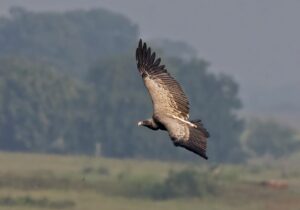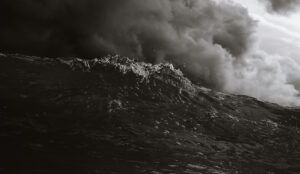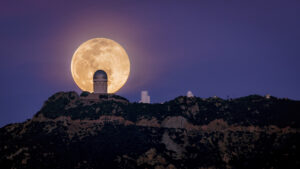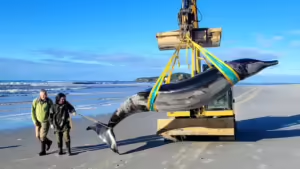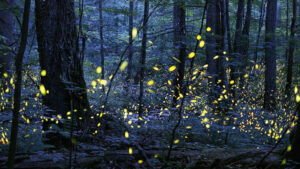A passion for the natural world drives many of our adventures. And when we’re not actually outside, we love delving into the discoveries about the places where we live and travel. Here are some of the best natural history links we’ve found this week.
Lake in Antarctica disappears in six days: On June 5, 2019, a huge lake sat atop the Amery Ice Shelf in East Antarctica. Six days later, all the water in the lake had vanished. The lake held an estimated 600 to 750 million cubic metres of water, “twice that of San Diego Bay,” says glaciologist Helen Fricker. The tremendous weight of the water likely fractured the ice shelf beneath, draining the water. The event is unusual not just because of the size of the lake but because water draining through ice 1,400m thick is uncommon. Freed from the weight of the water, the floating ice covering the lake rose by about 36m, creating the shattered, irregular look in the right-hand photo above.

Letter from Albert Einstein. Photo: Dyer et al. 2021, J Comp Physiol A/The Hebrew University of Jerusalem
Einstein reflects on the birds and the bees
Long-lost letter from Albert Einstein: New research suggests that migrating birds use the earth’s magnetic field to navigate. Now a previously unknown letter from Albert Einstein shows that the great physicist considered this idea 72 years ago. Within the letter, Einstein discussed bees, birds, and whether studying their senses could improve our understanding of new physical processes.
Amazon now emits more CO2 than it absorbs: Forests across the globe play a critical role in absorbing carbon and slowing climate change. The rainforests in the Amazon have long been known as the lungs of the planet because they soak up carbon dioxide and release oxygen. Now, that may be changing. Deforestation and climate change have altered the Amazon’s ability to absorb carbon. From 2010 to 2019, the Brazilian rainforest released 20 percent more carbon dioxide than it absorbed.
Manatees dying in Florida: A record 841 manatees have died in Florida between January and July 2021. Biologists blame the high fatalities on the loss of seagrass beds from water pollution. Boats also killed 63 manatees in just one area.

Manatees are dying in record numbers. Photo: Ben Macdonald/Silverback
Hurricanes unleashed
Hurricanes are becoming more dangerous: Unprecedented numbers of Atlantic hurricanes and 30 named storms in 2020 have people asking why these intense storms are increasing, and whether climate change is involved. It turns out that 2020 was simply an unusual year. But while hurricanes are not becoming more frequent, they are becoming rainier and longer-lasting. They also intensify more quickly.
Branson wins space tourism race: This week, Richard Branson successfully reached the edge of space on his Virgin Galactic rocket plane. His team has been developing the plane for 17 years in the hope of making space tourism possible. The flight over New Mexico took just over an hour and reached a height of 85km. By comparison, commercial jets fly at 10km, military jets at about 15km, and the International Space Station orbits at 408km. Branson later said, “Nothing can prepare you for the view of Earth from space.”

Richard Branson makes it to the edge of space. Photo: Virgin Galatic

